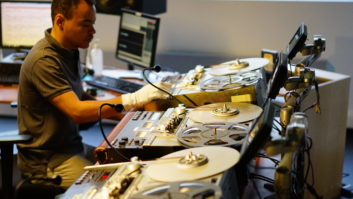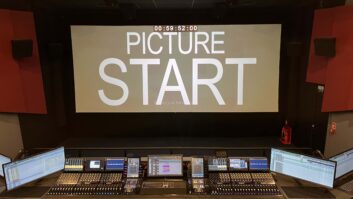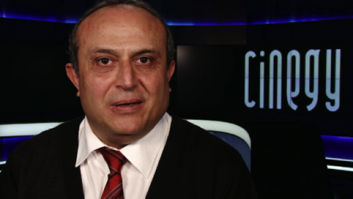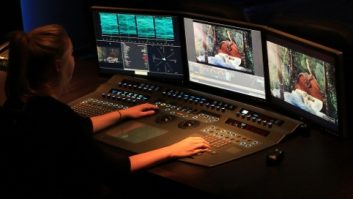About a week ago I wrote a short article on LinkedIn about generative AI (I know, I know – just what the world needs!), and its potential to unseat and replace the very programmers and coders who are working on its evolution. It is no exaggeration to say that generative AI has the ability to change the way society works and plays, and it’s the latter part of that statement I want to deal with here. In the early 1990s, I enjoyed a fleeting and Warhol-esque 15 minutes of fame in the music business, and recent news and events have made me think a great deal about the possible impact of AI on the creative industries.
Unless you were living on Mars in April of this year, you will have read that the Berlin-based photographer Boris Eldagsen won a Sony World Photography Award with his entry Pseudomnesia: The Electrician. He subsequently refused to accept the award, revealing that his image was not a real photograph and had, in fact, been created by a generative AI tool. Eldagsen claimed he submitted the image in order to open up the conversation around artificially generated images and their merit in the art world. Today, Paul McCartney has talked to the BBC about the use of AI in isolating John Lennon’s voice on a demo tape from 1978 and how this has enabled him to create a final Beatles song, due to be released this autumn. While this is all obviously very clever, it does raise some interesting moral and ethical questions about art, artists, their intent and authenticity
I mentioned Warhol earlier; his overt view was that anything could be considered art, and he had a very commercial and detached approach to its creation. Everything he sold bore his signature, but his studio – known appositely as The Factory – employed teams of assistants who worked with him to improve productivity and, by association, profitability. While this wasn’t a novel concept – many art historians believe that Renaissance master Leonardo da Vinci sketched out his initial designs and added finishing touches but left the bulk of the work to his studio assistants – it does make you wonder where the value in art really lies.
When Joni Mitchell or Leonard Cohen sat at the piano and sang, the audience heard their authentic voices and music, not some kind of synthesis or facsimile. I’m no art expert, but I love what I love because I feel connected to it. In this sense, art cannot really be considered ‘good’ or ‘bad’ because it is inherently subjective, but I strongly believe it should make you feel something. It’s the same thing with architecture or industrial design. Ambivalence should not be an option. If you feel nothing, has the artist failed?
My biggest worry about AI from a creative standpoint is that the ‘synthetic content’ it creates will increasingly become the norm, and that doesn’t sit comfortably. Do we want to live in a world where the music we listen to or the novels, movie screenplays, paintings and photographs we experience have been born from something other than an authentic human desire for expression or a creative spark? I might not have enjoyed the Scissor Sister’s cover version of Pink Floyd’s Comfortably Numb but it was at least created by humans with a very clear vision in mind. Monet’s San Giorgio Maggiore at Dusk moved me quite unexpectedly when I saw it years ago at the Tate Gallery in London, and to this day I remain fascinated by the footage of Hendrix at Woodstock, head back and eyes closed, seemingly channeling some ethereal force that made his fingers do things that still amaze, confound and inspire over 50 years later. Will AI be able to replicate any of that?
We can’t deny the possibility, and many artists (like Warhol?) might point to the end result rather than the process, but a big part of me hopes not. While the man/machine interface has been growing ever closer in so many areas of life, our humanity shouldn’t be diminished in the name of technological progress. Or, to put it another way, just because we can, doesn’t mean we should.







